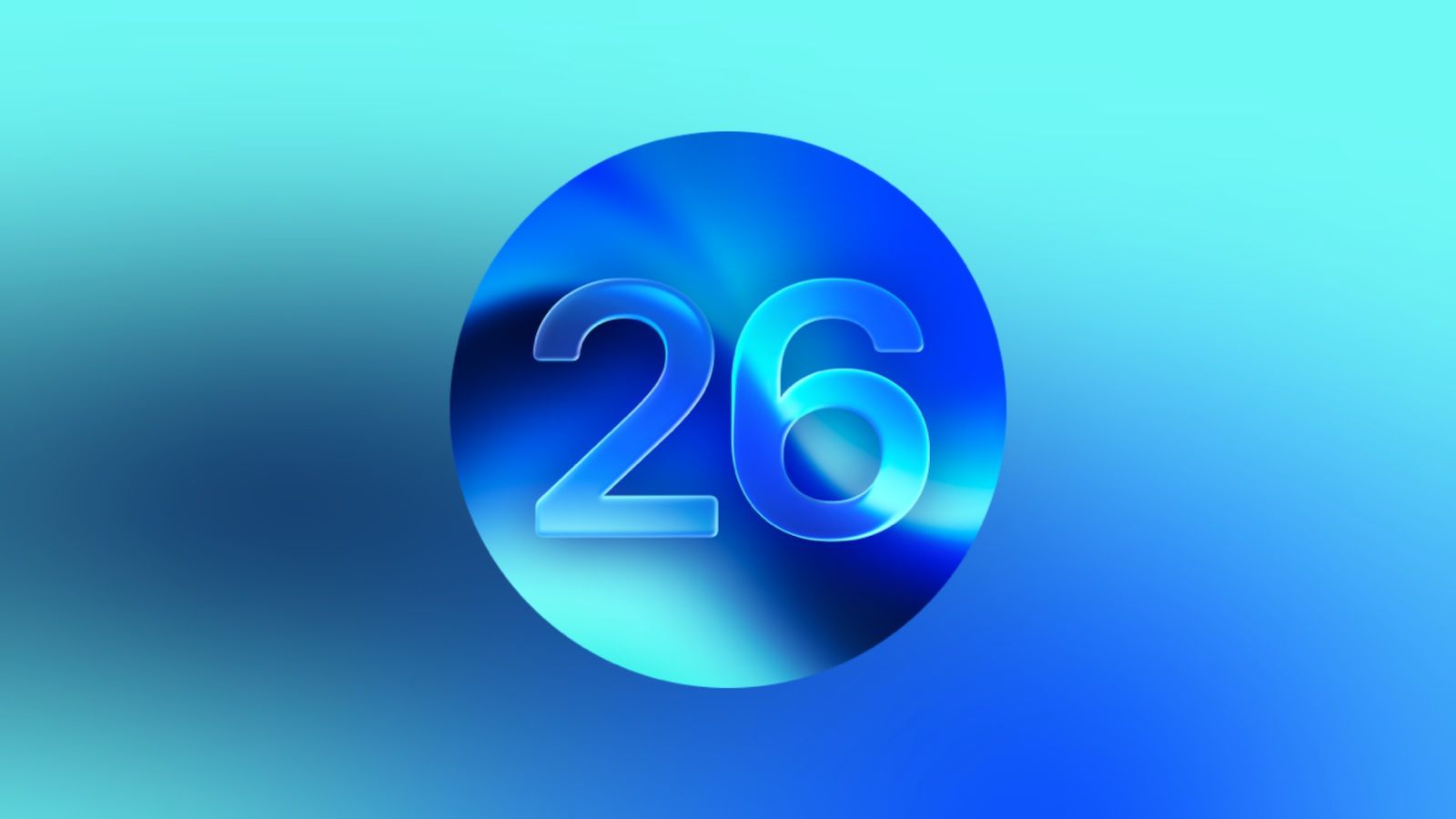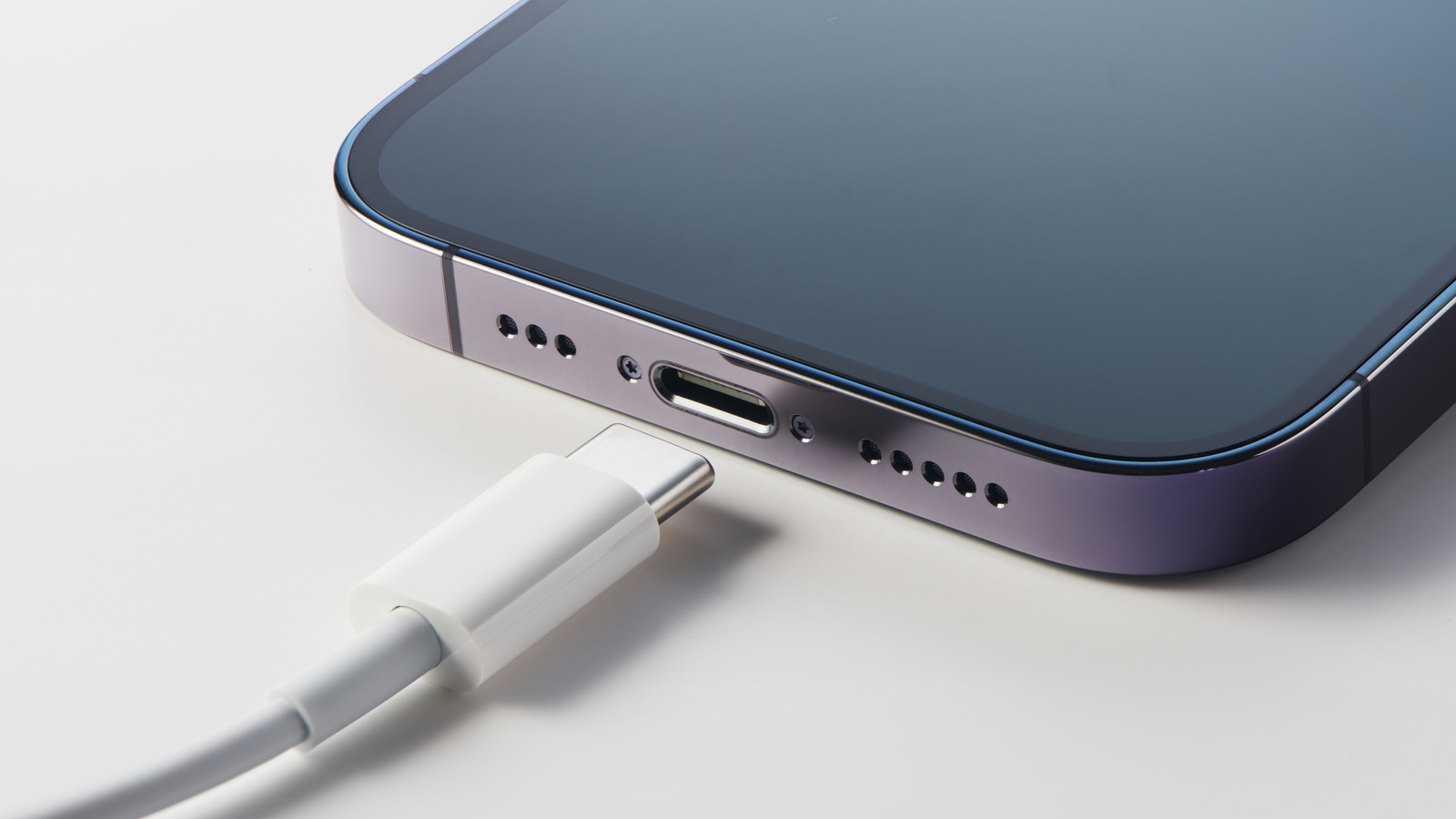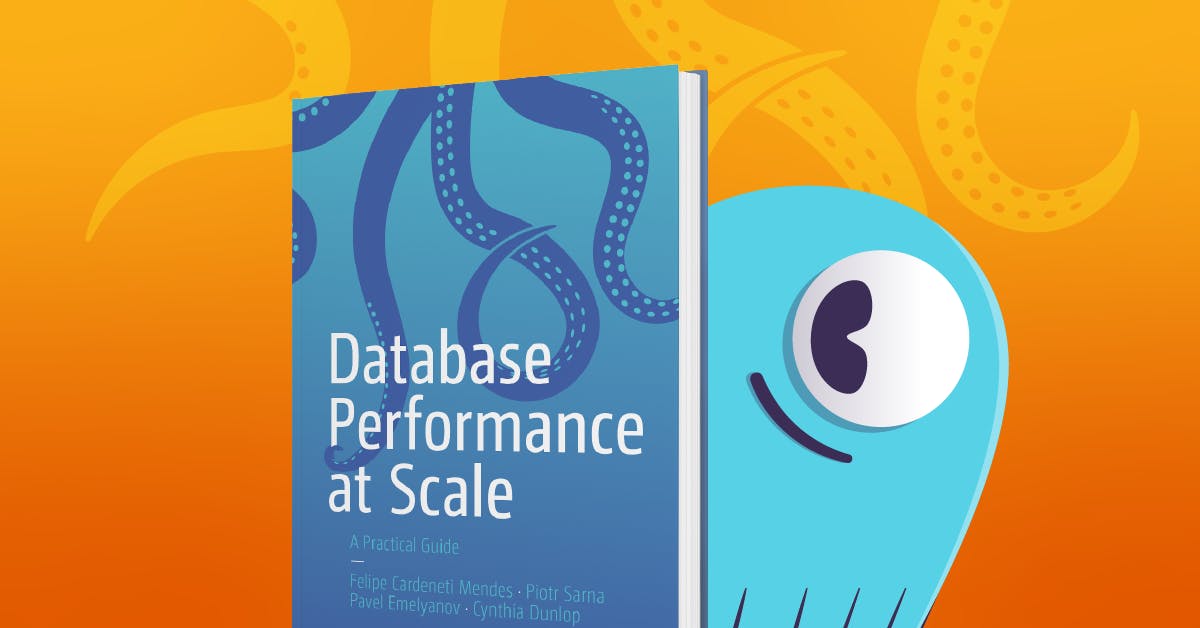“Can you schedule a meeting for tomorrow at 10?” You receive this text from your manager and open Google Calendar, but somehow, you’re in a year view. Huh? Another click, and now you’ve switched to the agenda view (not helpful).
A few more clicks later, you open the event creation screen, type in the details, and hit save—only to realize that you’ve scheduled it for next week instead of tomorrow. Frustration kicks in!
Now, before you rage-click your way into next year, take a deep breath. We’ve simplified Google Calendar shortcuts to help you easily navigate and schedule events! Read on to find out how you can quickly figure your way around the software—and a solid alternative you’ll love!
15+ Google Calendar Shortcuts to Save Time and Stay Organized
What is a Google Calendar Shortcut?
A Google Calendar shortcut is a keyboard command that helps you execute actions without extensive mouse clicks and menu navigation. With just a tap or two, you can move around the calendar, save event details, switch between views, and manage scheduling tasks.
These shortcut keys increase productivity and save time when managing schedules and appointments. For example, press ‘C’ on your keyboard to create a new event and open the event details page.
How to Use Shortcuts in Google Calendar
Between constantly shifting deadlines and dynamic schedules, feeling overwhelmed is normal. That may be why one in eight people never has their work under control. However, you can reclaim it. Let’s start by exploring the shortcut section of your Google Calendar.
Here’s the breakdown:
1. Enable keyboard shortcuts in Google Calendar
Turn on keyboard shortcuts before accessing Google Calendar for work management:
- Open Google Calendar
- Click the ⚙️ gear icon in the upper right corner and select the Settings menu

- Scroll down to the Keyboard shortcuts section in the side panel


- Navigate to the box that says Enable keyboard shortcuts


- Select the checkbox and wait for the Settings saved pop-up


- Close the settings and return to the calendar grid to start using shortcuts
Alternatively, you can check if your keyboard shortcuts are turned on by pressing Shift + ? (question mark). A searchable list of key combinations will appear in your calendar section.


💡Pro Tip: Here’s a Google Calendar hack: Create an instant event in the calendar by typing cal.new in your browser and hitting Enter (no clicks needed)!
Since Google Calendar does not support keyboard shortcuts on mobile devices, you can try:
1. Using Google Assistant voice commands
With Google Assistant, you can schedule events with prompts like:
- “Hey Google, schedule a meeting for Monday at 11 AM.”
- “Hey Google, show me my schedule for today.”
This is suitable when you’re multitasking and must add events on the go.
Top 15+ Google Calendar Shortcuts to Save Time and Stay Organized
We’ve compiled a list of all the shortcuts you’ll need to keep track of your day and maximize productivity in your Google Calendar. Use this table as a cheat sheet for ultimate time management:
| Action | Mac Shortcut | Windows Shortcut |
| Create a new event (open event details page) | C | C |
| Create a new event quickly (open the event dialog box on the calendar) | Q | Q |
| Edit an event after selecting it or access its details | E | E |
| Save an event’s details | Cmd + S | Ctrl + S |
| Event backspace or delete | Delete or undo Z save event | Delete or undo Z save event |
| Jump to today’s date in the calendar | T | T |
| Move forward to the next date range | J or N | J or N |
| Move backward to the previous date range | K or P | K or P |
| Go to a specific date by typing it in manually | G | G |
| Switch to Day view to see a single day’s schedule | D or 1 | D or 1 |
| Switch to Week view for a full week’s agenda | W or 2 | W or 2 |
| Switch to Month view for a big-picture schedule | M or 3 | M or 3 |
| Switch to Agenda view to see upcoming events in list format | A or 6 | A or 6 |
| Switch to Year view for a high-level annual overview | Y or 4 | Y or 4 |
| Open Google Calendar settings to customize preferences | S | S |
| Print your calendar for offline access or sharing | Cmd + P | Ctrl + P |
| Refresh the calendar to sync new events | Cmd + R | Ctrl + R |
| Open the search bar | / | / |
📮 Insight: Context-switching is silently eating away at your team’s productivity. Our research shows that 42% of disruptions at work come from juggling platforms, managing emails, and jumping between meetings. What if you could eliminate these costly interruptions? unites your workflows (and chat) under a single, streamlined platform. Launch and manage your tasks from across chat, docs, whiteboards, and more—while AI-powered features keep the context connected, searchable, and manageable!
Benefits of Using Shortcuts in Google Calendar
If you’ve spent way too long clicking, scrolling, and searching in Google Calendar, Chrome shortcuts are an ideal way to manage your workflow. Here are five reasons why they can be helpful:
- Save time: Perform tasks instantly without the need for endless clicking and scrolling to focus on important tasks
- Navigate faster: Switch between daily, weekly, and monthly views with a single keystroke
- Create events instantly: Press a key to start planning events, skipping multiple steps
- Edit easily: Reschedule, delete, or modify events without digging through menus
- Minimize errors: Avoid clicking the wrong feature, which can lead to scheduling mistakes or wrong event times
🧠 Fun Fact: The Ctrl + C shortcut for copying dates back to the early 1980s with the Apple Lisa computer! Apple programmer Larry Tesler created the Cut (X), Copy (C), and Paste (V) shortcuts, which later became standard in Windows too. Before that, people had to retype everything—imagine using any tools today without quick copy-paste!
Limitations of Using Google Calendar
Over 500 million users rely on Google Calendar for personal and team scheduling, making it a popular choice. But, its limitations become apparent as scheduling needs grow complex. Here are seven key drawbacks to consider:
- No task dependencies: You cannot schedule tasks in Google Calendar one after the other, making project management and structured workflows challenging
- Basic collaboration features: Unlike a Google Sheets calendar, it does not allow you to highlight event details, add inline comments, or access a built-in chat feature for discussions
- Less flexible reminder system: You cannot customize grouped notifications for back-to-back meetings, leading to multiple, separate alerts instead of a consolidated summary
- Integration issues outside the Google ecosystem: Compatibility with multiple calendar tools like Outlook or Apple Calendar can lead to sync issues
- Challenging time zone management: Events do not automatically adjust unless explicitly set, making scheduling across global teams more complicated
- Lacks in-built automation: Google Calendar automations are dependent on external integrations such as API enablement (needs programming knowledge), Google Apps Scripts, and more
- Limited personalization: You cannot customize Google Calendar’s theme, font size, color scheme, or add images
👀 Did You Know: 55% of knowledge workers find it challenging to concentrate on work due to the constant flow of notifications.
Meet : The Best Google Calendar Alternative
While Google Calendar primarily focuses on events and reminders, Calendar redefines ‘calendar’ as a comprehensive work management solution. Beyond AI-powered scheduling, it combines task tracking and team collaboration into a single platform.


Calendar integrates with your Google Calendar seamlessly, allowing you to join calls on Zoom, Google Meet, and even Microsoft Teams. It also allows you to auto-add AI Notetaker to your calls, so you can concentrate on running your meeting instead of taking copious notes.


The best part? Once you’re done with your call, action items can be added to your workflow by AI!
One of the biggest advantages of Calendar is that it’s built right into . You don’t have to switch between different platforms to plan your work and meetings—everything is connected in one place.
Watch this video to learn how you can auto-schedule work with Calendar.
👀 Did You Know: 87.9% of people report that their teams’ use of has led to better collaboration.
But that’s not all, ’s Calendar View allows you to manage your task and schedule, without switching tabs and losing context.
Here’s how it can produce better results:
- Customizable Calendar Views: Choose from daily, weekly, monthly, or custom views, and use advanced filters to highlight critical tasks and deadlines
- Two-way Google Calendar sync: Turn on your Google Calendar Integration to align external meetings and internal project deadlines


- Integrated time tracking: Track time spent on tasks directly from Calendar View, helping teams monitor workload distribution and improve productivity
- Automated task reminders: Use Automations to set reminders, task alerts, and triggers to ensure critical tasks or meetings are not missed
- Built-in AI Notetaker, notepad and docs integration: Attach the AI Notetaker, meeting or sticky notes, documents, or to-do lists directly to calendar events, eliminating the need for separate note-taking apps
- Create event and task dependencies: Define which tasks must be completed before others can begin, preventing bottlenecks in project timelines
You can also speed up the work process in Calendar using Hotkeys and Shortcuts. To enable keyboard shortcuts, click your avatar in the upper-right corner, select Settings, find the Preferences section, enable keyboard shortcuts, and then choose the save settings option.


Here’s your cheat sheet for Calendar shortcut keys:
Global shortcuts
These shortcuts can be used from almost anywhere in to quickly navigate, create tasks, open features, and manage notifications with a single click.
| Action | Mac Shortcut | Windows Shortcut |
| Close an open task, document, or modal window | Esc | Esc |
| Open the Command Center to search for tasks, Docs, or settings | Cmd + K | Ctrl + K |
| Navigate back to the Home screen | H | H |
| Refresh and load the latest notifications | Space | Space |
| Access your Notepad | P | P |
| Create a reminder | R | R |
| Show or hide Sidebar | Q | Q |
| Create a new task | T | T |
Task and subtask shortcuts
These shortcuts are ideal for faster task management.
| Action | Mac Shortcut | Windows Shortcut |
| Assign a task to yourself | M | M |
| Bulk create subtasks | Paste text into an empty subtask | Paste text into an empty subtask |
| Add or remove from the Tray | Shift + T | Shift + T |
| Navigate to the previous task | Cmd + Shift + Left Arrow | Ctrl + Shift + Left Arrow |
| Navigate to the next task | Cmd + Shift + Right Arrow | Ctrl + Shift + Right Arrow |
View navigation shortcuts
Use these shortcuts to switch between Views like List, Board, Calendar, and Dashboard.
| Action | Mac Shortcut | Windows Shortcut |
| Go to Dashboard view | D | D |
| Clear filters from the current view | – | – |
| Go to Board View | B | B |
| Go to Team View | X | X |
| Go to Calendar View | C | C |
| Go to List View | L | L |
| Search for tasks within a view | Cmd + F | Ctrl + F |
🧠 Fun Fact: UK employees lose up to 15 hours a week to distractions—chatty colleagues make up 41% of the reason.
Makes Calendars Easy
61% of people are attending more meetings due to remote work. However, constant meetings interrupt the day, leaving little time for deep, focused work. Employees struggle to concentrate on complex tasks, resulting in surface-level productivity.
Google Calendar solely helps in planning meetings, not reducing unnecessary ones. You need more than just a scheduling tool. offers scheduling rooted in your realistic schedule.
The platform also offers real-time updates, AI-powered automation, and intuitive task management in a centralized space. Its features allow you to schedule, manage, and collaborate without endless calls.
So why settle for simply remembering shortcuts on Google Calendar?
Sign up for a free account today to take control of your time, projects, and more!


Everything you need to stay organized and get work done.













